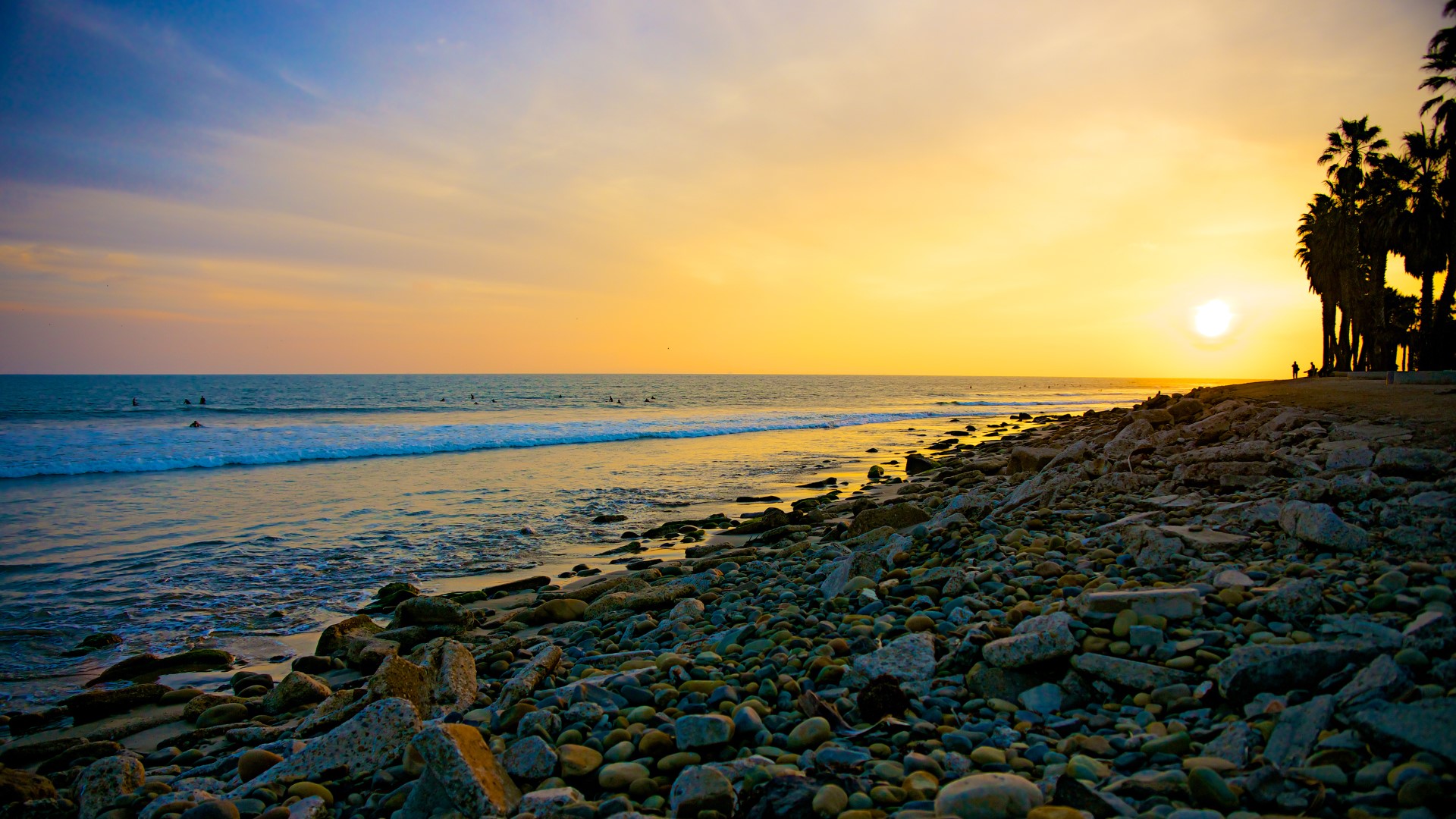The naturist doctrine has several sources, many of which can be traced back to early 20th century well-being and fitness doctrines in Germany and England, although the concepts of returning to nature and creating equality have much deeper roots.
Naturist writers
Elton Raymond Shaw was a Methodist churchman and publisher who composed on the Body Taboo.
Heinrich Pudor composed on methods to enhance social hygiene in his novel Nackende Menchen und Jauchzen der Zukunft (Naked individuals and the future of Humanity) and then Nacktkultur (Nude Culture). http://www.howard.edu/asp/linkcounter/resourcesondemand.asp?url=http://nudist-young.com prescribes an austere lifestyle and nudity.[34]
Paul Zimmermann, started the Freilicht Park in Lbeck which was open to those who subscribed to Nacktkultur rules.[34]
In his Utopia, everyone was to be Germanic with blue eyes and blond hair.[34]
Adolf Koch, a left-wing primary-school teacher, sought to use societal nudity to free the people from 'ability fixated conditioning which held proletarians in deference of their masters: parental ability, paternalism of the church, the mass media and organs of law and order. He used Organic-Rhythmic exercises in Berlin schools in the 1920s. In 1932 there were about 100,000 Germans involved with Nudism, of which 70,000 were in Koch's Krperschlen schools.[34]
Hans Surn educated bare gymnastics to soldiers for five years, and on being pressured to leave the military, he composed in 1924, Mensch und die Sonne (Men and the Sun) which ran to 61 reprints.[34] Later, in 1936, Surn proposed physical exercise and nudism as a means of creating a pure German race and of beauty. In the early 1940s he was out of favour and arrested. By 1945, he had turned full circle and was composing religious texts. Though never a member of any FKK club he was awarded honorary membership of the DFK in 1952.
Werner Zimmermann was Swiss. He boosted Progressive education, supporting naked Physical education to eliminate body guilt and to support openness that would lift the repression of the human spirit, which he viewed as the cause of sexual deviation. The fundamental position was that the human body, in and of itself, was neither sinful nor obscene. This was adopted into the emerging doctrine that created the modern Western fkk movement.
Naturist ideals
Family in Praia do Abric, Brazil
People have formed naturist groups for a variety of special purposes.[8] It's normally agreed by naturist organisations that eroticism and clear sexuality have no place in nudism and are, actually, antithetical to its ideals. Reasons that have at times been given:
Ecological or environmental --- connection with the natural world.
Well-Being --- bathing in the sun, clean air and water (balneotherapy, thalassotherapy, heliotherapy). Sunlight is a form of medicine.
Connection with other humans --- equality and respect.
Spirituality --- guy is no more than an animal.[citation needed]
Pedagogy --- kids should be respected as equals instead of being patronised[citation needed]
Equality --- clothing assemble social obstacles. Social nudity leads to approval in spite of differences in age, body contour, fitness, and health.[35]
Liberty --- no one has the right to tell others or their children that they must wear garments.
Nudism and the romantics
Walt Whitman American writer, A Sun-bathed Nakedness:
Never before did I get so close to Nature; never before did she come so close to me... Nature was naked, and I was additionally... Pleasant, sane, still Nakedness in Nature! - ah if poor, sick, prurient humanity in cities might really know you once more! Is not nakedness indecent? No, not inherently. It's your thought, your sophistication, your fear, your respectability, that is indecent. There come moods when these clothes of ours are not only too irksome to wear, but are themselves indecent.[36]
Henry David Thoreau, In wildness is the preservation of the world., Walking:
We cannot adequately understand this facet of nature if we approach it with any taint of human pretense. It's going to elude us if we enable artifacts like clothes to intercede between ourselves and this Other. To apprehend it, we cannot be nude enough.[36]
Nudism was part of a literary movement in the late 1800s (see the writings of Andr Gide) which additionally influenced the art movements of the time particularly Henri Matisse and other Fauve painters. This movement was based on the French concept of joie de vivre, the notion of revelling freely in physical sensations and direct experiences and a spontaneous approach to life
Finland
